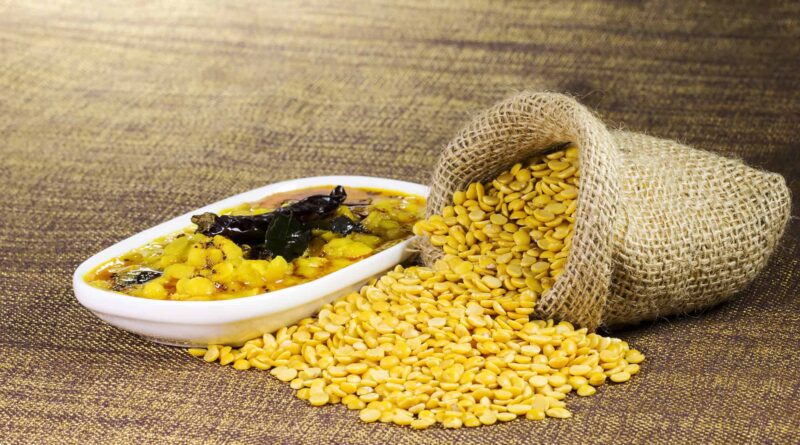India inks deals with Brazil, Argentina for pulses import
By Zia Haq
India is diversifying its import of pulses to keep domestic prices stable by entering into long-term deals with Brazil and Argentina after several rounds of negotiations, two officials aware of the matter said.
The world’s largest consumer and producer is expected to import over 20,000 tonne of black gram (urad) from Brazil for the first time and unspecified amounts of pigeon pea (tur) from Argentina to meet its domestic requirements.
Retail inflation in pulses remains high, although it slowed to 17.71% in March compared to a rise of 18.9% in February, according to official data. Holding the repurchase rate steady, the Reserve Bank of India’s monetary policy committee on April 6 highlighted how food price pressures “have been interrupting the ongoing disinflation process, posing challenges for the final descent of inflation to the target of 4%”.
India’s output of pulses dipped to 23.4 million tonne in 2023-24 from 26.1 million tonne a year ago, the agriculture ministry estimates.
“Affordability and availability are two big factors. The government has held several rounds of discussions with the South American nations, which have conducive weather to grow these varieties while their own requirements are not much,” one of the officials said, seeking anonymity.
Pulses are the commonest source of protein for most Indians. A campaign by the central government to ramp up local production saw total output jump 37% since 2015-16, according to official figures, helping to cut costly imports. Yet, the country has to rely on foreign shipments to meet total demand.
India’s requirement of black gram is solely met through imports from Myanmar under a memorandum of understanding between the two nations. Import of gram from the conflict-ridden neighbouring country stumbled last year, affecting local prices.
“Long-term deals with affordable alternative suppliers will help supply management greatly as it is a hedge against price volatility,” a second official said, declining to be named.
In 2023, India imported nearly 3 million tonne of pulses, mostly lentils, black gram and pigeon pea, from Canada, Australia, Mozambique, Tanzania, Sudan, Malawi and Myanmar.
Rising protein prices can be a significant driver of household expenses. The federal government has imposed a slew of measures to tame prices ahead of a general election to keep basic food commodities affordable. For instance, the government has waived off import duties for three varieties of pulses – pigeon pea, black gram and lentil (masoor) till March 2025 to boost local supplies.
Between 2004-05 and 2013-14, pulses saw a price spike of 143%, stoked by global prices and rising protein demand due to better purchasing power, according to a Reserve Bank paper by the late former deputy governor Subir Gokarn. He calculated that many Indians had crossed an income threshold beyond which protein intake such as pulses, eggs and meat increases.
Overall, the output of pulses as a group, at 27.5 million tonne in 2022-23, was slightly higher than the previous year’s production of 27.3 million tonne. A campaign to distribute improved seeds raised pulses productivity by 34.8%, from 727 kg per hectare in 2018-19 to 980 kg a hectare in 2021-22, agriculture ministry’s data show.
The gains can be fragile though. Increasing weather uncertainties can quickly firm up prices if output drops. Prices of pigeon pea and black gram have been elevated because of a patchy monsoon last year in rain-fed growing belts in Karnataka, Andhra Pradesh and Telangana.
“Pulses will continue to be a source of inflation due to lower output. That’s why you can expect multiple measures from the government, including imposition of stock limits,” said Abhishek Agrawal, an analyst with Comtrade.
This article has been republished from The Hindustan Times.

